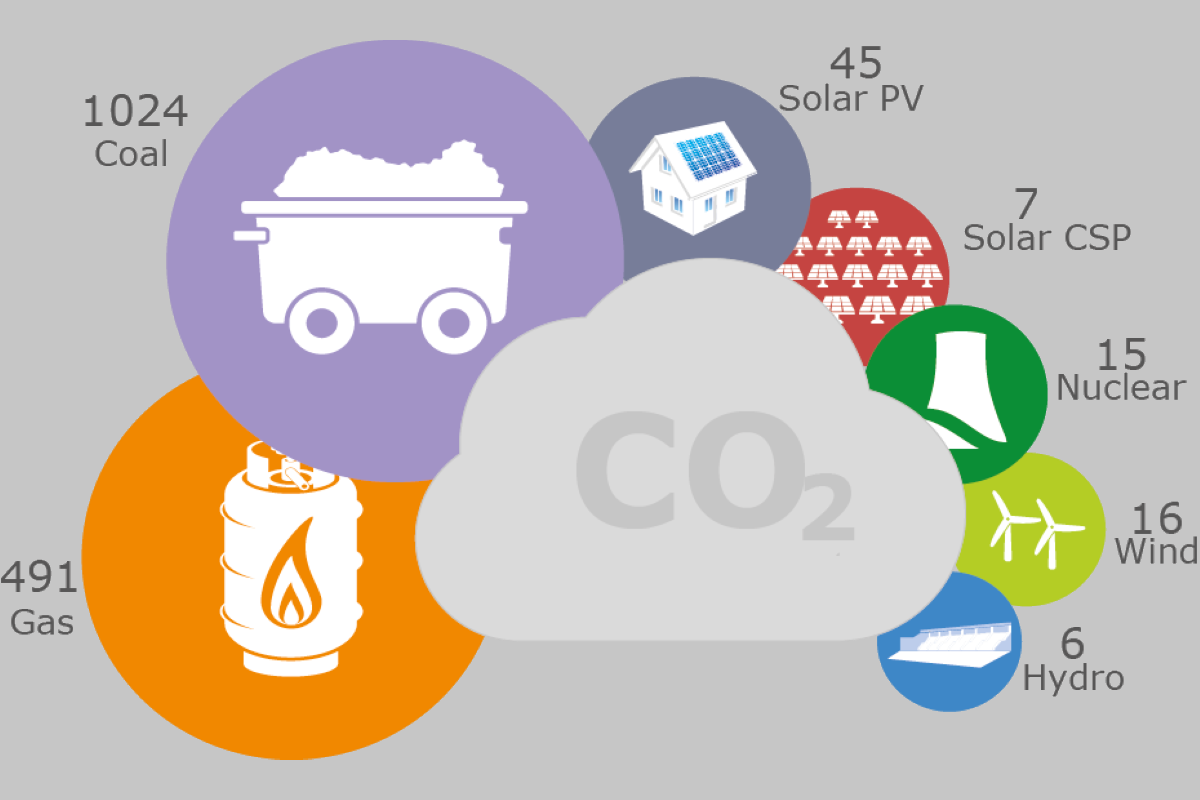The Global Logistics Emissions Council (GLEC) was founded to establish and implement global, harmonized guidelines for calculating, reporting, and reducing logistics emissions and enhancing efficiency across global logistics supply chains.
Three main goals will lead further development of the GLEC framework in 2019-2021:
1. Improve corporate disclosure of logistics emissions and targets
2. Increase emission reduction efforts by companies
3. Enhance collaboration between buyers and suppliers and with other stakeholders
The GLEC Framework is increasingly recognised as the ‘industry-standard’ for logistics emissions calculation and reporting by GHG Protocol, sector initiatives and industry associations, development banks, and the UN and has been put forward as the basis for the development of an ISO standard and updated EN16258.
Since 2014, the GLEC has grown into a voluntary partnership of more than 50 companies, industry associations, and green freight programs, backed by experts, governments, and other stakeholders.
More than 30 multinational companies formally adopted the GLEC Framework, with another 45 companies expected to follow over the coming year.
ESC takes part in the GLEC work and encourages further implementation of the GLEC framework by shippers. Multinationals have a central role to play in helping the freight and logistics sector to contribute to Paris climate goals and Sustainable Development Goals.

